Manuel Álvarez Bravo
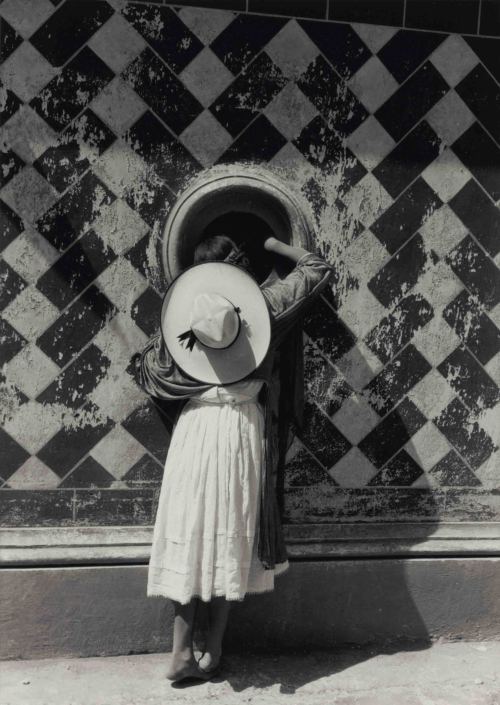
Manuel Álvarez Bravo
Mexico
More Posts from Raskopal and Others

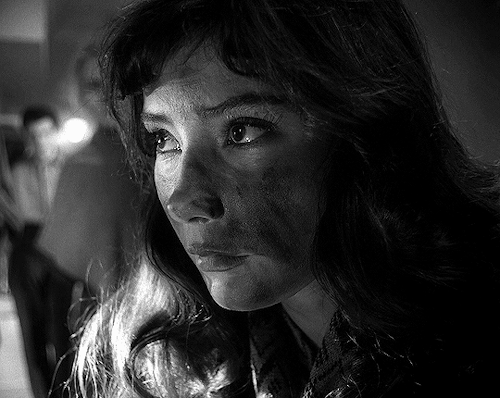
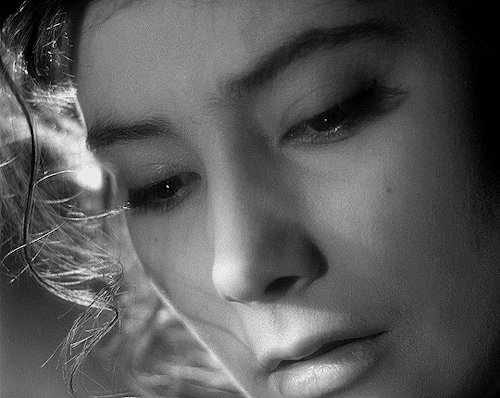
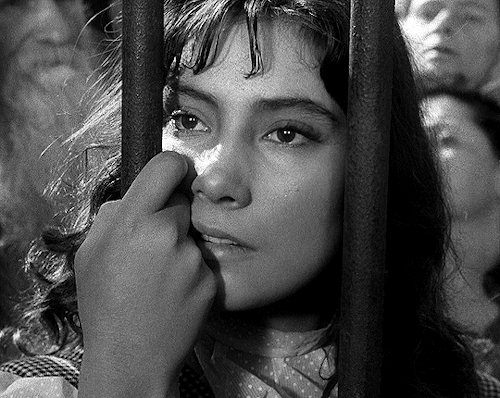
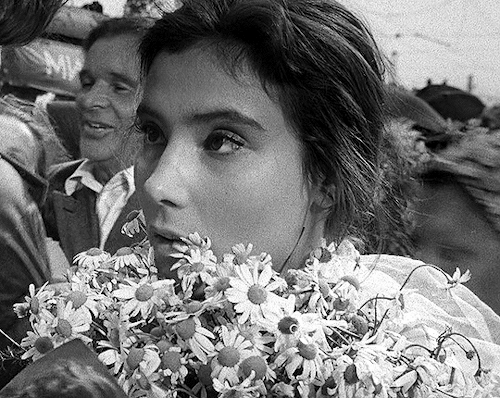
Tatiana Samoilova in The Cranes Are Flying 1957 dir. Mikhail Kalatozov









Feelings unspoken are unforgettable. Nostalghia (1983) Directed by Andrei Tarkovsky
inola gurgulia - “when I die, my dear, become a tombstone covering my grave”




tacita dean

Roy DeCarava, Woman walking above, New York, 1950
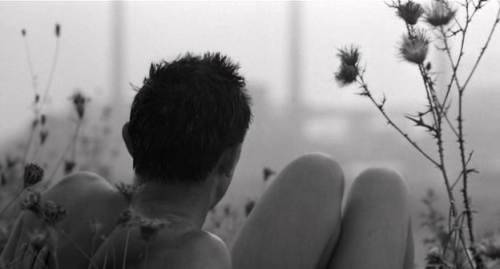
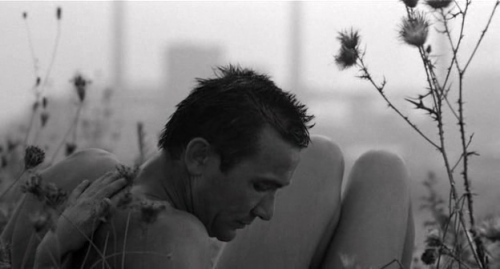
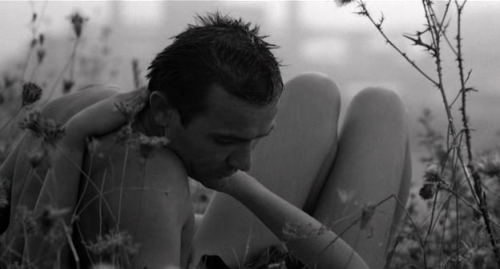
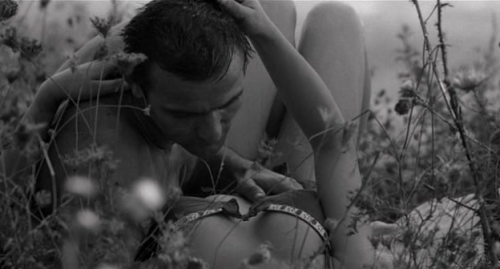
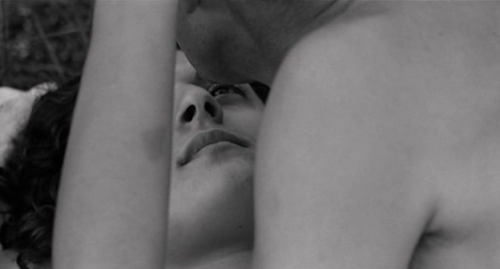

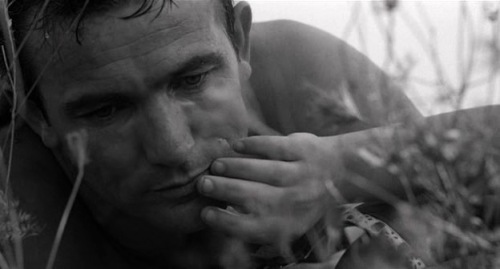
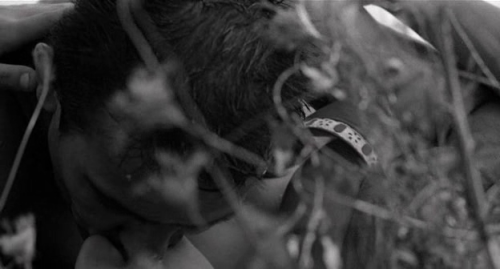
I fidanzati (Ermanno Olmi, 1963)

Pamela Singh, Chipko Women Hug Tree to Protect it from Being Cut in Northern Uttar Pradesh, 1994

Miklós Ligeti, Csók, 1902


The Black Panther’s Free Breakfast for Children Program is probably their best-known initiative, the press finding an intriguing story juxtaposing the Panther’s tough-guy-in-leather-jacket image with the act of serving small children plates of hot food. Importantly, it was mostly women who led these survival programmes, and women made up a majority of the Panther membership. They served in leadership roles from ‘Officer of the Day’ (essentially the office – and people – manager for each branch), to organising the many details of a location’s breakfast programme to initiating and leading food justice, healthcare and housing programmes within neighbourhoods.
So why does the image of the Panthers as a masculinist and violent organisation persist? The answer lies in part with media distortion, influenced both by the sexism and racism that misrepresented the Panthers. There was also a misinformation campaign by the FBI, led by J Edgar Hoover, waged against the increasingly popular Panthers, which had an enduring impact on how people saw them.
-
 colorfulmilkshakestrawberry liked this · 6 months ago
colorfulmilkshakestrawberry liked this · 6 months ago -
 360nw liked this · 11 months ago
360nw liked this · 11 months ago -
 stanestreet reblogged this · 1 year ago
stanestreet reblogged this · 1 year ago -
 readysetogo reblogged this · 1 year ago
readysetogo reblogged this · 1 year ago -
 holespoles liked this · 1 year ago
holespoles liked this · 1 year ago -
 sanngatsu reblogged this · 1 year ago
sanngatsu reblogged this · 1 year ago -
 maria-strogoff liked this · 1 year ago
maria-strogoff liked this · 1 year ago -
 rozovaya liked this · 1 year ago
rozovaya liked this · 1 year ago -
 postelles reblogged this · 1 year ago
postelles reblogged this · 1 year ago -
 disgruntedvampire reblogged this · 1 year ago
disgruntedvampire reblogged this · 1 year ago -
 saidthestarling reblogged this · 1 year ago
saidthestarling reblogged this · 1 year ago -
 berriesfarm reblogged this · 1 year ago
berriesfarm reblogged this · 1 year ago -
 berriesfarm liked this · 1 year ago
berriesfarm liked this · 1 year ago -
 onlinelvrs reblogged this · 1 year ago
onlinelvrs reblogged this · 1 year ago -
 filoras reblogged this · 1 year ago
filoras reblogged this · 1 year ago -
 voguementhols reblogged this · 1 year ago
voguementhols reblogged this · 1 year ago -
 voguementhols liked this · 1 year ago
voguementhols liked this · 1 year ago -
 lisasimpsons liked this · 1 year ago
lisasimpsons liked this · 1 year ago -
 muguete reblogged this · 1 year ago
muguete reblogged this · 1 year ago -
 muguete liked this · 1 year ago
muguete liked this · 1 year ago -
 richarddamota liked this · 1 year ago
richarddamota liked this · 1 year ago -
 girlhaggard reblogged this · 1 year ago
girlhaggard reblogged this · 1 year ago -
 in-kind reblogged this · 1 year ago
in-kind reblogged this · 1 year ago -
 juneafterdawn reblogged this · 1 year ago
juneafterdawn reblogged this · 1 year ago -
 barterfly reblogged this · 1 year ago
barterfly reblogged this · 1 year ago -
 javla-underbart reblogged this · 1 year ago
javla-underbart reblogged this · 1 year ago -
 koraline-k liked this · 1 year ago
koraline-k liked this · 1 year ago -
 papillondusoir reblogged this · 1 year ago
papillondusoir reblogged this · 1 year ago -
 commeautrefois reblogged this · 1 year ago
commeautrefois reblogged this · 1 year ago -
 yukuiyuuu reblogged this · 1 year ago
yukuiyuuu reblogged this · 1 year ago -
 urbannoir reblogged this · 1 year ago
urbannoir reblogged this · 1 year ago -
 pachucocholosychundos reblogged this · 1 year ago
pachucocholosychundos reblogged this · 1 year ago -
 magpie-brain reblogged this · 1 year ago
magpie-brain reblogged this · 1 year ago -
 tinyhandstudios reblogged this · 1 year ago
tinyhandstudios reblogged this · 1 year ago -
 dhumonio reblogged this · 1 year ago
dhumonio reblogged this · 1 year ago -
 pachucocholosychundos liked this · 1 year ago
pachucocholosychundos liked this · 1 year ago -
 marlsborohaven reblogged this · 1 year ago
marlsborohaven reblogged this · 1 year ago -
 resistancekitty liked this · 1 year ago
resistancekitty liked this · 1 year ago -
 theshruggingatlas liked this · 1 year ago
theshruggingatlas liked this · 1 year ago -
 dozensofrats liked this · 1 year ago
dozensofrats liked this · 1 year ago -
 tallthinblackwhite reblogged this · 1 year ago
tallthinblackwhite reblogged this · 1 year ago -
 strong-femalecharacters reblogged this · 1 year ago
strong-femalecharacters reblogged this · 1 year ago -
 vampire-cardigan reblogged this · 1 year ago
vampire-cardigan reblogged this · 1 year ago -
 vampire-cardigan liked this · 1 year ago
vampire-cardigan liked this · 1 year ago -
 songsinthewoods-blog liked this · 1 year ago
songsinthewoods-blog liked this · 1 year ago -
 acceleste liked this · 1 year ago
acceleste liked this · 1 year ago -
 michelportier liked this · 1 year ago
michelportier liked this · 1 year ago
